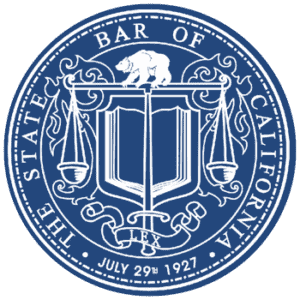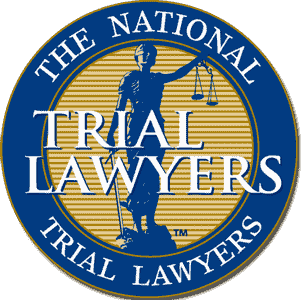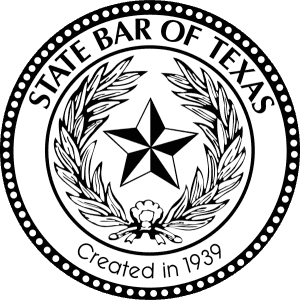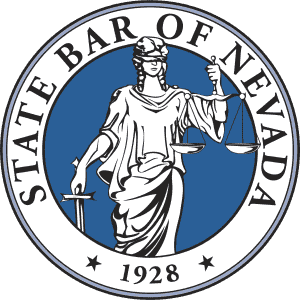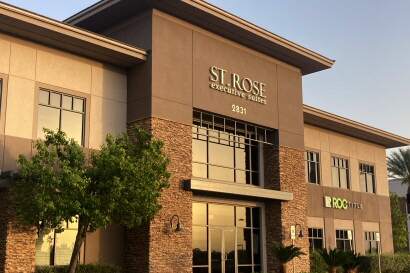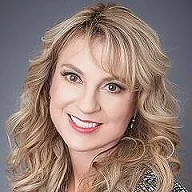LEGAL LIABILITY OF FOR POOL ACCIDENTS
Estimated Reading Time: 8.1minutes
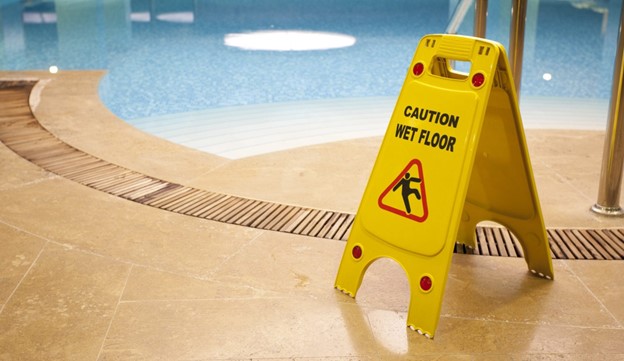
Top Reasons Liability Can be Found Against a Pool Owner
- A Public Pool owner Fails to maintain proper safety equipment;
- A Public Pool Owner Fail to have adequate lifeguards;
- A Private Pool Owner invites and fails to supervise children;
- A Private Pool Owner fails to warn of any Malfunctioning equipment;
Sadly in the United States, statistics show that nine people are United States drowned. Another harsh reality is that drowning is the second leading accidental injury related death for children ages 1 to 14 years of age. For each child lost, there are up to four nonfatal pool accidents that result in serious injuries to the victims requiring hospitalization and often resulting in paralysis and brain damage. In most of these personal injury situations, the drowning of a child results when he or she was being not being supervised in the pool
The question often arises who is liable for these tragic accidents. Liability for a swimming pool accident is very state specific. Meaning that liability in each state will vary depending on the premises liability laws of the state. Pool owner, including private pool owners in residential areas and owners of pools in a public setting such as a municipality or a hotel can be held liable when a swimmer is injured. This liability stems from the general rules of premises liability in the state where the pool is located. There are also federal regulations in place to keep public pools safe and insure that the appropriate safety equipment is installed.
Liability of a public pool
Public pool owners can be held liable for failing to provide the proper safety equipment in case of emergency if an invited guest is injured. A public pool owner can also be held liable for equipment that is in disrepair or broken or for the failure to have adequate supervision of lifeguards. If an accident or injury occurs from broken equipment at a public pool that can be considered negligence per se meaning in the law negligence on its face. In addition to maintaining all equipment in working order, public pools must comply with state and federal regulations. A public pool owner may need to warn of any hidden dangers such as a pool being too shallow for diving. Failure to warn invitees or guests of these hidden dangers can result in liability for a public pool owner
Liability of A private pool Owner
An owner of a private pool must be sure to warn any guests or people at his pool of any dangers that he knows exist. An example would be a ladder or slide that is not properly secured or is broken. In addition to a private owner’s liability for failure to warn of any hazardous conditions at the pool, a private pool owner can be held liable for injuries to children who are invited to use the pool if they are not adequately supervised or there is not a proper barrier. This is extremely important. If you are planning to have a party or children over to swim from your neighborhood you are liable for injuries that happen to those children as a result of not supervising them. Therefore, if you plan to have children at your home to swim you must have a qualified person supervising those children at all times or you could be liable for injuries that occur to them from such a lack of supervision. Personal injuries sustained in pool accidents can be serious and even fatal. It is a responsibility that all pool owners must take a seriously.
Nevada Pool Regulations
The Nevada Administrative Code (NAC) Sections 444.010 – 444.546 previously served as the Southern Nevada Health District’s governing document to regulate the operation of public pools. Due to changes to industry the Southern Nevada Health District developed and proposed new regulations based on the CDC’s Model Aquatic Health Code. The new regulations were approved by the Board of Health in April 2018 and approved by the Nevada State Board of Health on June 8, 2018, and go into effect July 1, 2019.
https://www.southernnevadahealthdistrict.org/permits-and-regulations/aquatic-health-program
These regulations encompass swimming pools, bath houses and nudist colonies. This gave me a chuckle in that I did not know we had nudist colonies in Nevada and this article will not discuss the same. Perhaps a future blog post topic. However, the swimming pool regulations are encompassed in these rules. These rules cover everything including the definition of a public pool, the inspection of public pools, permits required for public pools, the competency of lifeguards on duty and the penalties for a violation of these rules. According to the statute, a lifeguard on duty at a facility of the state or operated by the state of Nevada or any political subdivision where a recreational swim pool is available, must have satisfactorily completed an advanced lifesaving course offered by the Red Cross or equivalent course. Said lifeguard must be certified and present proof that he has completed such a course and such certifications must be posted at the lifeguards workstations during all business hours. The rules further state that a violation of any of these rules can constitute a misdemeanor.
Also included in these rules are provisions for disabled persons. Such provision state that a person with the physical disability cannot be prohibited from using a life-saving device in a public swimming pool if the person is using the device in regards to their disability These rules also give the Southern Nevada Health District permission to supervise the sanitation healthfulness, cleanliness and safety of public swimming pools in Nevada.
Nevada Law Regarding Landlord/ Pool Owner Liability in General
The best way to sum up landlord liability of a pool owner in Nevada is to refer to Supreme Court Case Sargent v. Ross, 308 A2d 528, 534 (1973), where the Nevada Supreme Court stated as follows:
Henceforth landlords and other persons must exercise reasonable care not to subject others to an unreasonable risk of harm. A landlord must act as a reasonable person under all of the circumstances including the likelihood of injury to others, the probable seriousness of such injuries, and the burden of reducing or avoiding the risk. We think this basic principle of responsibility for landlords as for others ‘best express the principles of justice and reasonableness upon which our law of torts is founded.’ The questions of control, hidden defects and common or public use, which formerly had to be established as a prerequisite to even considering the negligence of a landlord, will now be relevant only inasmuch as they bear on the basis tort issues such as foreseeability and unreasonableness on the particular risk of harm. Moody v. Manny’s Auto Repair, 101 Nev. 35, 692 P2d 1290 (1985).
Based on these decisions, a landowner must act “reasonably” under the circumstances. Obviously, the relationship between a landowner and the injured party will very likely play an important role in determining if the landowner’s conduct or lack thereof, was reasonable.
The Court Nevada Courts have relied on Section 343A (1) of the Restatement, Second, of Torts which states that, to determine landlord liability. They have stated that “A possessor of land is not liable to his invitees for physical harm caused to them by any activity or condition on the land whose danger is known or obvious to them, unless the possessor should anticipate the harm despite such knowledge or obviousness. Comment F. to Section 343(1) of the Restatement, Second, of Torts discusses one possible exception to the general rule. That comment states, “There are cases, however, in which the possessor of land can and should anticipate that the dangerous condition will cause physical harm to the invitee notwithstanding its known or obvious danger.” A pool is such an example of a dangerous condition that a landowner knows can cause care to guests.
If you have a question about liability for a pool accident and/or any questions regarding a personal injury, whether from a car accident or a slip and fall or any combination of injuries, please don’t hesitate to call The Law Offices of Laura Payne Hunt, PC, and Henderson Injury Attorneys for over 13 years. Please call our office if you or if a loved one is injured. We can make sure that you receive the care you need and deserve and advise on how to preserve evidence. If you have been in any type of accident and have questions, please don’t hesitate to contact our Henderson and Las Vegas Accident injury offices today. At our office, we are experienced in helping injured victims get the compensation they are entitled to. Insurance companies never have the best interest of the injured person at the top of their priorities. They want to pay as little on every claim as possible. Having worked for an insurance company as an attorney for 9 years before opening my boutique law firm specializing in helping injured people, I reviewed thousands of auto accident claims and policy provisions.
At the Henderson and Las Vegas Accident injury Law Offices of Laura Payne Hunt, PC we are here to help you and your family in the event that accidents and tragedies occur. For any of your legal needs, do not hesitate to contact our Henderson and Las Vegas Accident injury Henderson offices. The Law Offices of Laura Payne Hunt is a boutique, family owned law firm in Henderson that specializes in helping injured people and the community with legal issues involving auto accidents, wrongful deaths, slip and falls, truck accidents, injuries to children, bicycle accidents, dog bites, and all types of injury claims. Please do not hesitate to call us anytime you have a legal question or you or a loved one has sustained an injury at 702-450-(HUNT) 4868 and text 24/7 at 702-600-0032.


